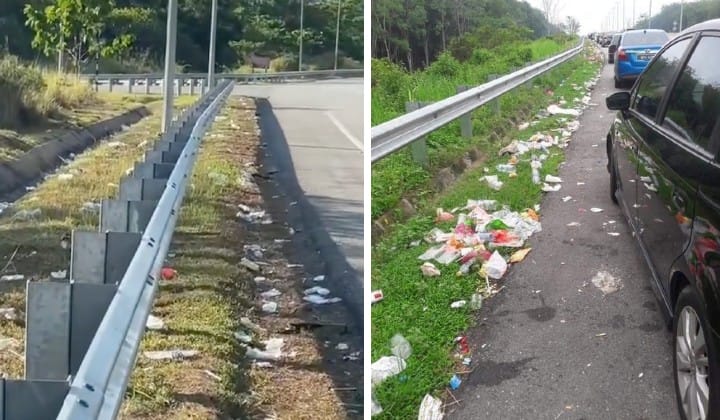Small Habits That Can Help Prevent Cholera & Other Waterborne Diseases
Understanding the causes of cholera and the importance of clean water
and a hygienic lifestyle will ensure a healthy living.
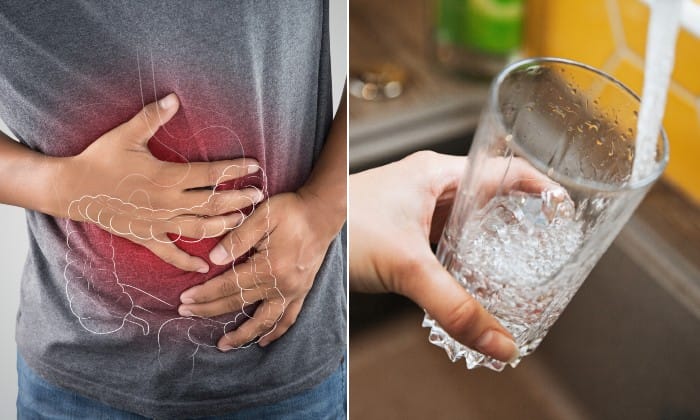
This year, it has been brought to the nations’ attention that a cholera case has been detected in the Petaling district.
Read More: Cholera In Selangor, Careful When Drinking Water, KKM Says
According to the World Health Organization (WHO), cholera is an acute diarrhoeal infection caused by ingestion of food or water contaminated with the bacterium, Vibrio cholerae, which can lead to death through severe dehydration.
Most cholera cases are asymptomatic and among those who develop symptoms, the majority encountered mild or moderate symptoms while a minority experienced acute watery diarrhoea with severe dehydration.
Cholera is one of the oldest epidemic diseases and is closely related to inadequate access to clean water and sanitisation systems.
Although it is unlikely to spread from one person to another, it could spread rapidly in areas without adequate treatment of sewage and clean water through ingestion of food or water contaminated directly or indirectly by faeces or vomitus of infected persons.
In years of efforts by the public and private sectors to improve sewage and water treatment in the country, Malaysians living in most areas of the country are able to enjoy clean and safe water in their daily routines and keep waterborne diseases at bay.
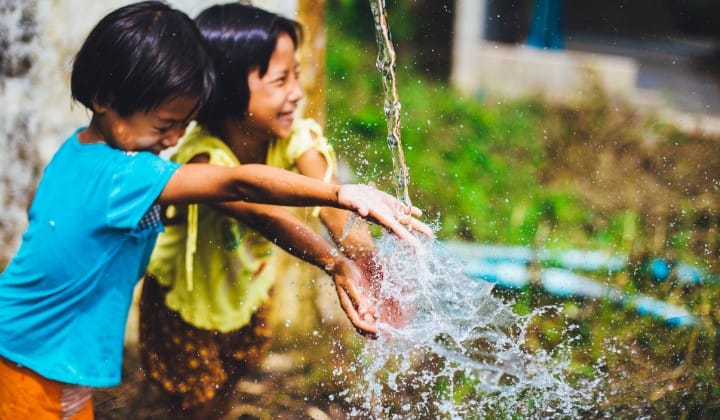
However, the detection of cholera cases in Malaysia’s urban areas has once again alerted the community on the importance of maintaining a hygienic lifestyle and the usage of healthy water in day-to-day life.
Waterco Malaysia Regional Business Development Manager Koo Zao Cheong shared that water, sanitisation and hygiene are key strategies in preventing and controlling the spread of waterborne diseases.
Water is the source of life. All living things including humans depend on water to strive. As water is widely used in every aspect of our lives whether for consumption, food production, recreational purposes or domestic use, the improved access to clean and safe water as well as better management of water resources are crucial in ensuring the well-being of those who use it
Waterco Malaysia Regional Business Development Manager Koo Zao Cheong
Even though the government and private sectors are constantly working to improve the access to clean water for the nation, there are some simple prevention ways that you can incorporate into your daily life to give yourself and your loved ones additional protection against waterborne diseases.
Contamination found in water is the source of transmission of waterborne diseases such as cholera. However, it is preventable if water resources are managed properly (regardless if it is for commercial or personal use) and on top of that, it is important for Malaysians to also make the effort to practice a hygienic lifestyle.
Waterco Malaysia Regional Business Development Manager Koo Zao Cheong
So how can we protect ourselves from all the nasty waterborne bugs out there?
1. Ensure good quality household water
Household water or domestic water is water that we use to carry out all the things that we do at home, such as drinking, cooking, bathing, brushing teeth, cleaning and more.
Many of us might have experienced short periods of water shortage that occur once or twice a year and we all know that without clean water, our lives may be difficult as we are unable to carry out our usual routines.
One thing that we can do to ensure a constant flow of clean water in our homes is to have safe water storage (in covered containers) to cope with situations where we do not have access to clean water.
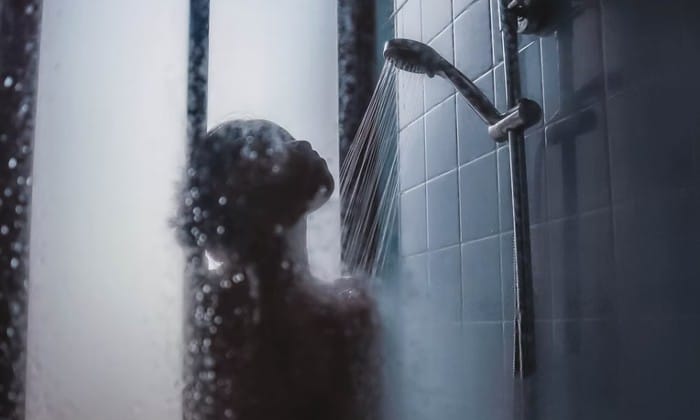
Additionally, you may consider installing high-quality household water filtration systems such as those from Waterco (a leading one-stop solutions provider for safe and healthy water environment companies) to eliminate harmful substances in water that might affect our health.
Although generally household water gets to our homes by the country water department and is properly treated, there is no harm for us to take extra precautions to filter the water before we utilise it.
2. Consume clean water and ensure cleanliness in food preparation
Although we have access to clean tap water for our daily usage, it is still advisable to boil the water before consumption as a precautionary action.
Boiling is an effective way to make water safer for consumption as it will help to kill unwanted bacteria that is harmful to our health. It is suggested to bring water to a rolling boil for at least one minute before drinking and using it for food preparation.
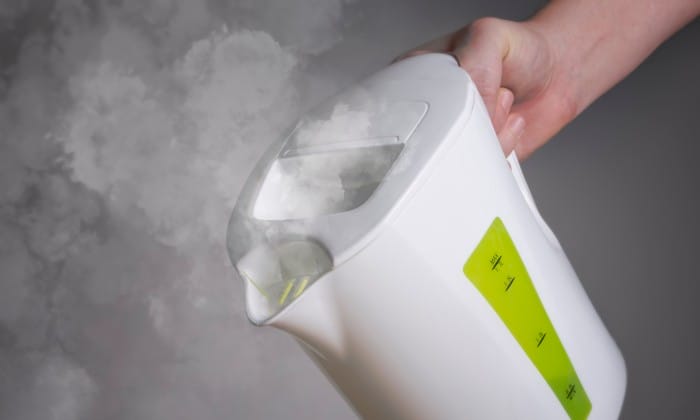
Alternatively, you may use filtered water and bottled water for daily consumption. Other than using clean water for food preparation, we must also pay attention to cleanliness during food preparation as unhygienic food can cause not only waterborne diseases but also diarrhoea, food poisoning and so on.
Make sure to clean the kitchen areas with soap and safe water before cooking.
3. Cook food thoroughly
For those who enjoy cooking, make sure to cook ingredients thoroughly, especially when there are seafood, fish and meat involved.
Raw meat contains harmful bacteria and if the meat is not properly stored and cooked, it may cause food poisoning and other diseases.
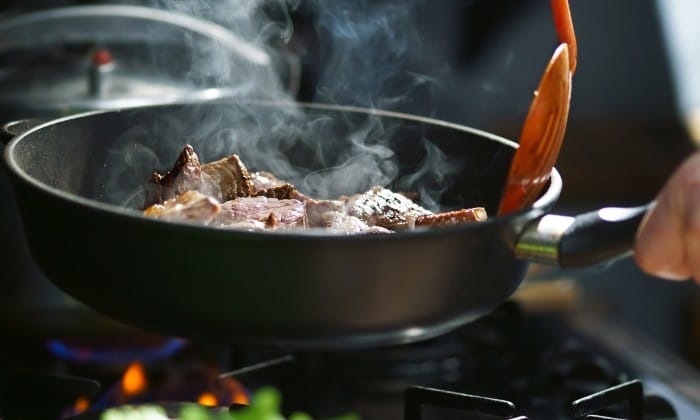
Alternatively, if you are really craving food such as sashimi and rare to medium-rare steak, you may consider visiting restaurants that have high standards of hygienic measures throughout the process of food storage, preparation and cooking to enjoy a safe and delicious meal (without having to endure the after-effects later!).
4. Wash your hands often
Frequently maintaining hand hygiene has become a new norm since the Covid-19 outbreak.
It is one of the simple yet effective ways to prevent diseases and it should be practised in our everyday lives.
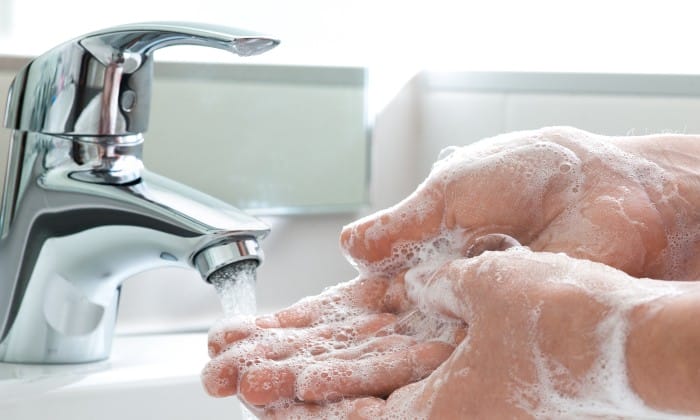
When our hands are clean at all times, we can reduce our worries during food preparation and use our hands to put things into our mouths.
Wash your hands in the right way by using clean water and soap and also lather the back of your hands, nails and between fingers to clean thoroughly.
5. Visit swimming pools with proper sanitisation
While swimming is a healthy activity and a great way of relaxing, it is important to ensure that the water is clean before you go for a dip. This is because waterborne diseases could spread through the ingestion of contaminated water.
Ingestion of water containing harmful bacteria might also cause swimmers to suffer from diarrhoea, sensitive skin and so on.
Hence, the installation of proper water filtration systems such as those from Waterco and regular cleaning is needed to maintain high standards of hygiene requirements.
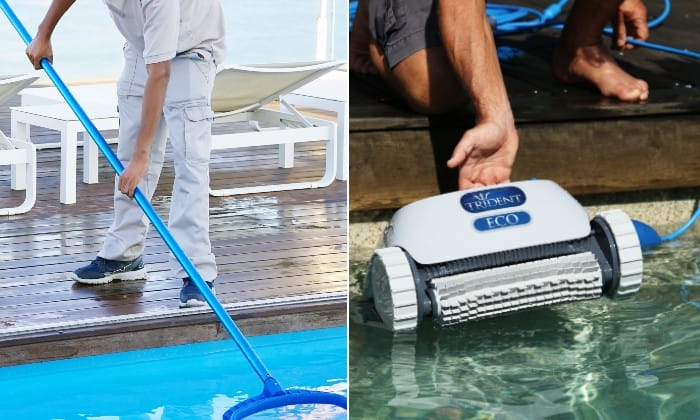
While swimming pool managements are responsible to ensure the swimming pools are properly sanitised, swimmers can also take extra precautions by observing the frequency of scheduled cleaning and visit the swimming pools that we are confident with.
Personal hygiene and cleanliness of food and water have become things that cannot be neglected since the start of the pandemic and the detection of cholera cases.
The pandemic and cholera case has reminded us that hygiene is of the utmost importance and we need to incorporate good habits in our daily lives to protect ourselves and our loved ones from health threats. Start practising these small habits now for a healthy living!





